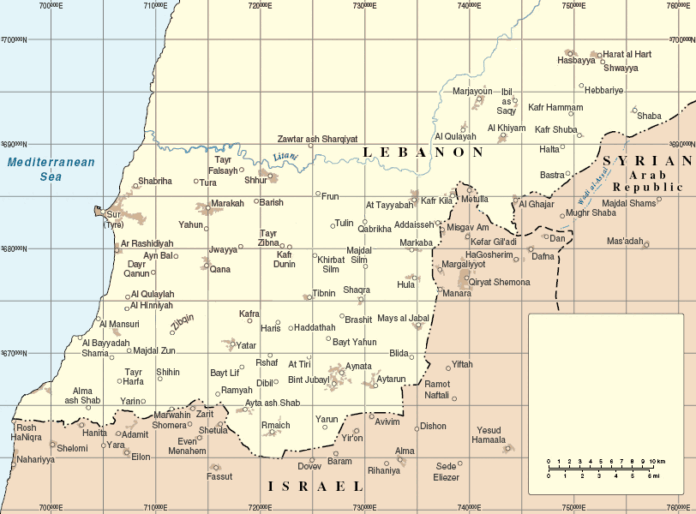Ali Muhammad al-Debes, associated with Hezbollah’s Radwan Force, was targeted and killed in an Israeli operation in Majdal Selm, located in southern Lebanon this past Wednesday. This development not only marks a critical juncture in the ongoing skirmishes that pepper this volatile border but also highlights the intricate web of military and strategic engagements that define the area.
Al-Debes was reportedly pivotal in orchestrating an improvised explosive device (IED) attack, underscoring his role in the operational echelons of Hezbollah’s military apparatus. His elimination is indicative of the intense surveillance and countermeasures employed by the Israeli Defense Forces (IDF) in their efforts to thwart Hezbollah’s capabilities, particularly those aimed at compromising Israeli security. This incident is part of a broader narrative of escalating military actions, where both sides have demonstrated a readiness to engage decisively to protect their interests and assert their dominance in the region.
The repercussions of such targeted strikes are manifold, affecting not just the military balance but also the geopolitical dynamics at play. Hezbollah, recognized as a formidable force in Lebanon and a significant player in the broader Middle Eastern conflict, has been a constant subject of Israel’s defensive strategy. The group’s activities, especially those directed against Israeli targets, have elicited a robust response from Tel Aviv, including preemptive strikes and comprehensive military operations intended to degrade Hezbollah’s operational capacity.
This specific incident, involving the death of al-Debes, illustrates the ongoing cycle of retaliation and counter-retaliation that has come to define the Lebanese-Israeli border. It reflects the heightened state of readiness and the acute tensions that persist, making the prospect of broader conflict a constant concern for both regional actors and the international community. The targeted killing of a high-ranking member of Hezbollah’s military wing sends a clear message regarding Israel’s stance on security threats emanating from its northern neighbor, signaling its willingness to take decisive action when its security imperatives dictate.
Moreover, the strategic implications of such operations extend beyond the immediate military ramifications. They influence the psychological warfare between Israel and Hezbollah, affecting morale, strategic planning, and the broader narrative of conflict between the two. Each action and counteraction contribute to the complex tapestry of Middle Eastern geopolitics, where alliances, enmities, and strategic objectives intersect with profound consequences for regional stability and security.
As the situation continues to evolve, the international community remains watchful, aware of the potential for these localized engagements to escalate into a more extensive conflict that could draw in a wider array of actors and affect the already fragile stability of the Middle East. The killing of Ali Muhammad al-Debes in southern Lebanon is a stark reminder of the enduring volatility of the Israeli-Lebanese border, a flashpoint that encapsulates the broader challenges facing the region in its quest for peace and security.









